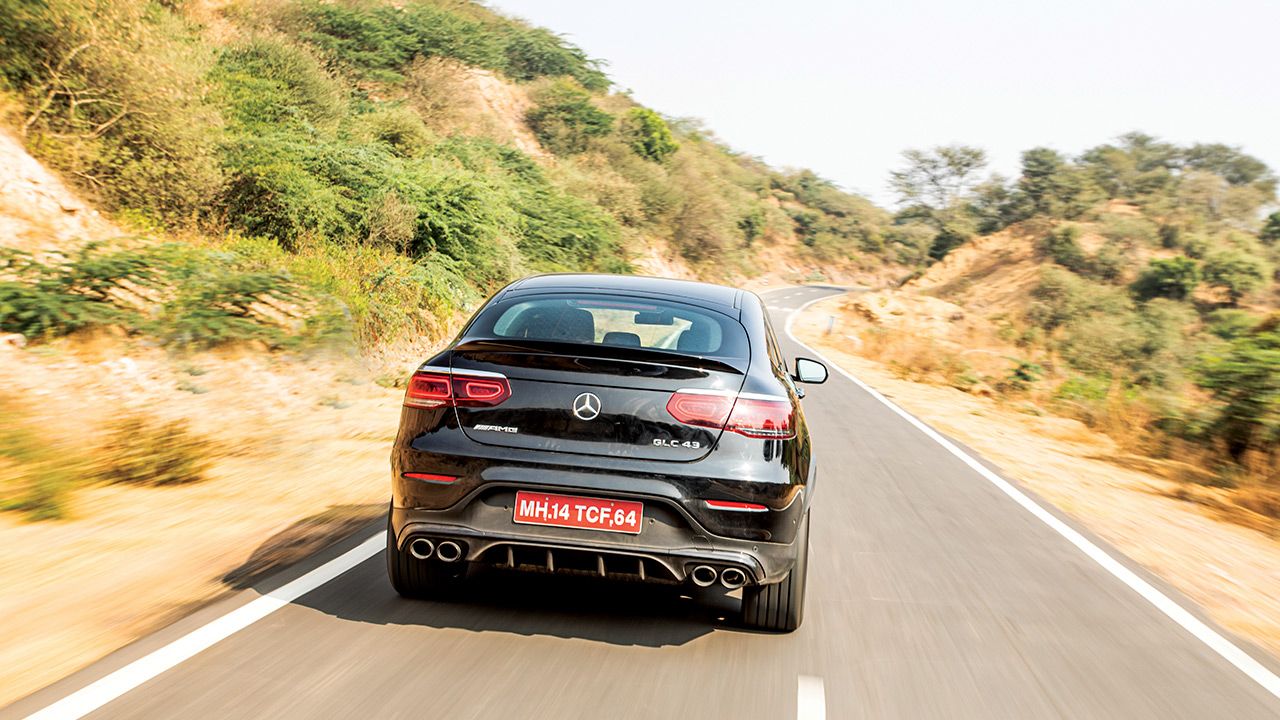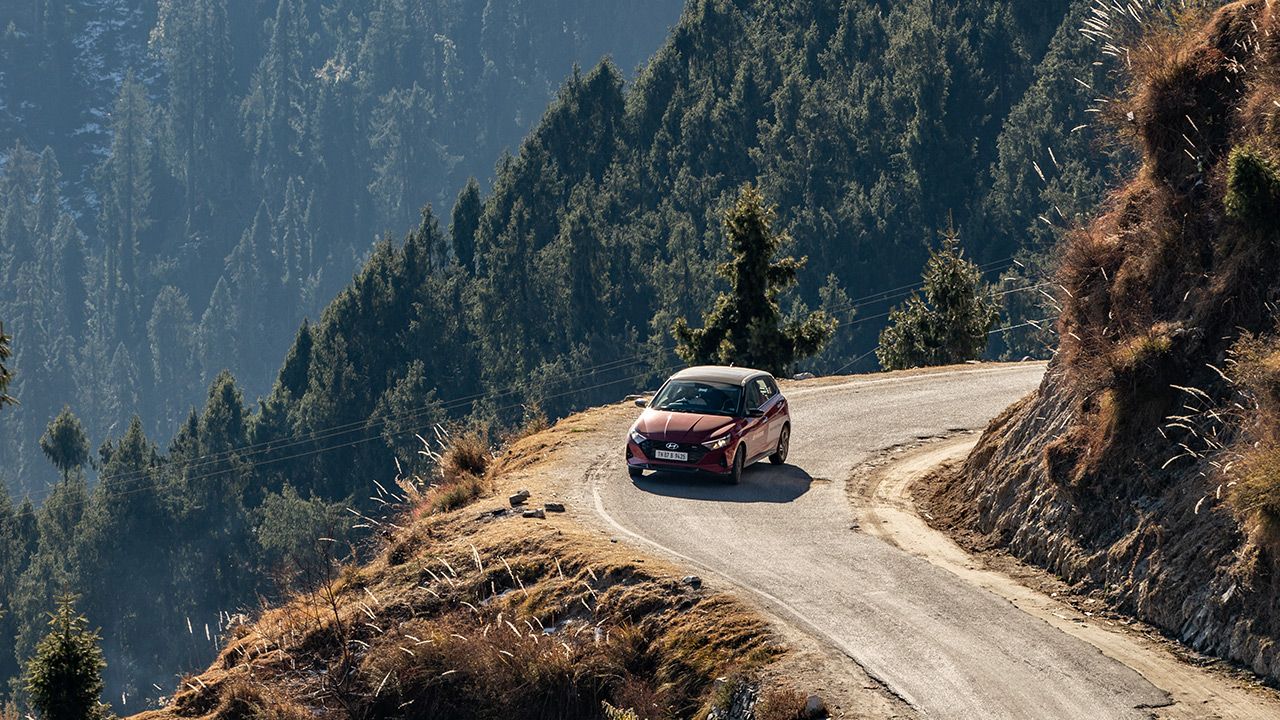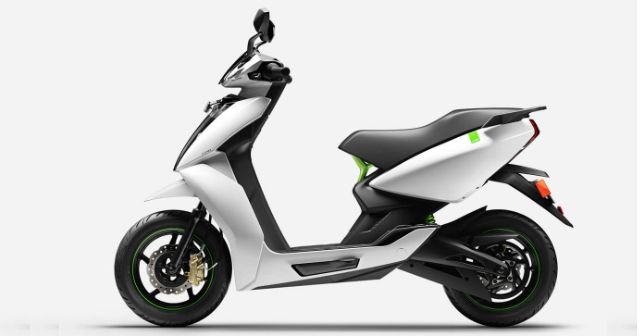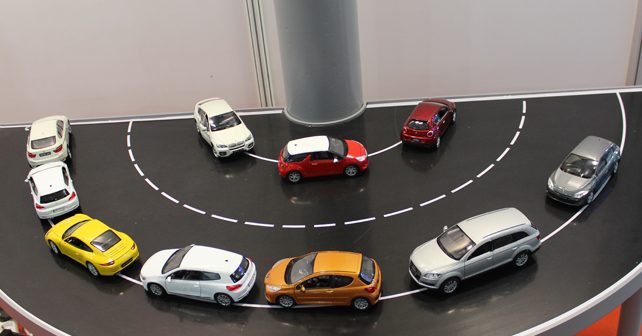Union Budget 2021: Impact on the automotive industry
A hike in custom duty on select automotive parts could result in an increase in vehicle prices. The Finance Minister also announced a new scrappage policy for private and commercial vehicles

A hike in customs duty on select automotive parts could result in an increase in vehicle prices. The Finance Minister also announced a new scrappage policy for private and commercial vehicles.
While the Union Budget 2021-22 primarily focused on economic recovery, there were a few highlights relevant to the automotive sector. The Finance Minister, Nirmala Sitharaman, announced a new vehicle scrappage policy, changes in customs duties, revised taxation on petrol and diesel, and a few other related topics.
Vehicle Scrappage Policy
Last week, the Union Minister for Road Transport and Highways, Nitin Gadkari, approved a new scrappage policy, although just for government vehicles at the time. Now, the Finance Minister has introduced a new scrappage policy in a bid to keep air pollution in check. According to the new policy, private vehicles older than 20 years and commercial vehicles older than 15 years can be compelled to be scrapped if they don’t pass a fitness test at government-appointed centres.
Speaking about the scrappage policy, Dr Pawan Goenka, MD and CEO of Mahindra and Mahindra Ltd. said, 'I am glad that the scrappage policy has been acknowledged in the budget and am expecting the policy to be announced very soon. Though details are not out yet, when the policy comes out, it should incentivise for scrapping and not just disincentivise for not scrapping.'

Customs Duties
Additionally, the Finance Minister also announced an increase of 15% in customs duties on select auto parts. While this move has been made in line with the Make in India initiative, it can mean a disadvantage to vehicles that are assembled in India (brought in as Completely Knocked Down units).
Speaking about the rise in customs duties, Martin Schwenk, MD and CEO of Mercedes-Benz India, said, 'The increase in auto component duties is unexpected in such a revival period, and it will increase the production cost, leading to higher cost for consumers.'
Taxes on Fuel
As per the Budget 2021-22, an agriculture infrastructure and development cess has been added to the cost of petrol (Rs 2.5 per litre) and diesel (Rs 4 per litre ). The addition of this new cess won’t quite have an impact on consumers mainly as the basic excise duty and additional excise duty rates have now been slashed.
Finance Minister Nirmala Sitharaman said, 'Consequent to the imposition of Agriculture Infrastructure and Development Cess (AIDC) on petrol and diesel, the Basic excise duty (BED) and Special Additional Excise Duty (SAED) rates have been reduced on them so that the consumer does not bear any additional burden.'

Infrastructure Development
With a primary focus on poll-bound states, the Finance Minister also announced new roads projects. By March 2022, the government would award 8,500km of road projects and 11,000km of National Highway corridors. The government has allocated Rs 1.03 lakh crores for 3500km of National Highway works in Tamil Nadu. Additionally, the government also plans to invest Rs 65,000 crore on 1100km of National Highway works in Kerala including a 600km section of Mumbai-Kanyakumari corridor. The Finance Minister said, 'National Highway works of around Rs 19,000 crores are currently in progress in the State of Assam. Further works of more than Rs 34,000 11 crores covering more than 1300kms of National Highways will be undertaken in the State in the coming three years.'
Also Read:
Effective April 2022, vehicle scrappage policy approved for govt vehicles
Delhi EV Policy: Battery-operated vehicles now exempt from road tax





Write your Comment on